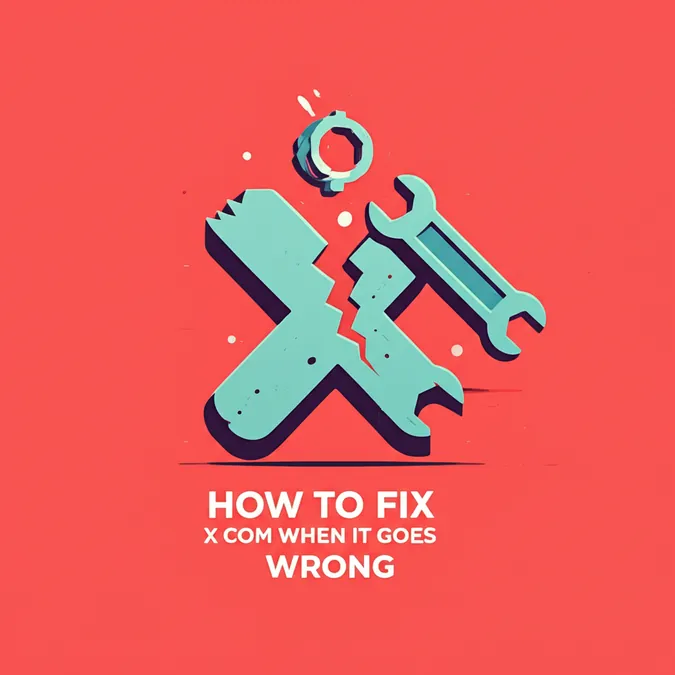Developer Offer
Try ImaginePro API with 50 Free Credits
Build and ship AI-powered visuals with Midjourney, Flux, and more — free credits refresh every month.
DuckDuckGo Fights AI Clutter With New Image Filter
 (Credit: eMateusz Slodkowski/SOPA Images/LightRocket via Getty Images)
(Credit: eMateusz Slodkowski/SOPA Images/LightRocket via Getty Images)
The internet is becoming saturated with AI-generated content, making it difficult to distinguish authentic information from digital noise. From navigating potential political disinformation to avoiding sophisticated AI-powered scams, users are increasingly looking for ways to control what they see online. In response to this growing concern, the privacy-centric search engine DuckDuckGo has introduced a practical solution.
DuckDuckGo's Answer to AI Image Clutter
DuckDuckGo has officially rolled out a new feature that allows users to hide AI-generated images from their search results. While the company is transparent that the tool isn't foolproof, it is confident in its ability to significantly clean up image searches. In their announcement, they stated the feature will “greatly reduce the number of AI-generated images you see.”
This new filter operates by using manually curated, open-source blocklists. It leverages resources from the popular content-blocking extension uBlock Origin and the search-filtering tool uBlacklist to identify and hide AI-created content.
How to Enable the AI-Free Experience
Activating the feature is straightforward. When you perform an image search on DuckDuckGo, you will now see a drop-down menu in the settings bar that allows you to either show or hide AI images.
For users who want a consistently AI-free search environment, DuckDuckGo offers a dedicated portal. By bookmarking and using http://noai.duckduckgo.com, the AI image filter is enabled by default. This special version also turns off other AI-powered features, including DuckDuckGo's AI-assisted summaries and its AI Chat tool, providing a more traditional search experience.
The Growing Problem of 'AI Slop'
The need for such a tool is becoming more apparent. As reported by outlets like TechCrunch, users across social media platforms like X and Reddit have voiced their frustration. For certain search queries, such as "baby peacock," the results are often flooded with AI-generated pictures that outnumber authentic photos. This can lead to confusion and a distorted understanding of the world, as highlighted by discussions on blogging platforms like Medium.
The Broader Trend in Combating Unwanted AI
DuckDuckGo is not alone in its efforts to give users more control over AI content. Other companies are also developing tools to address different facets of the issue.
In 2024, Hiya introduced a Chrome extension designed to detect deepfaked audio across various platforms, including YouTube and X/Twitter. Meanwhile, major search engines are also taking action. Microsoft's Bing, for example, has partnered with non-profits like StopNCII to help remove non-consensual explicit deepfakes from its search results, demonstrating a growing industry-wide commitment to tackling the challenges posed by generative AI.
Compare Plans & Pricing
Find the plan that matches your workload and unlock full access to ImaginePro.
| Plan | Price | Highlights |
|---|---|---|
| Standard | $8 / month |
|
| Premium | $20 / month |
|
Need custom terms? Talk to us to tailor credits, rate limits, or deployment options.
View All Pricing Details

